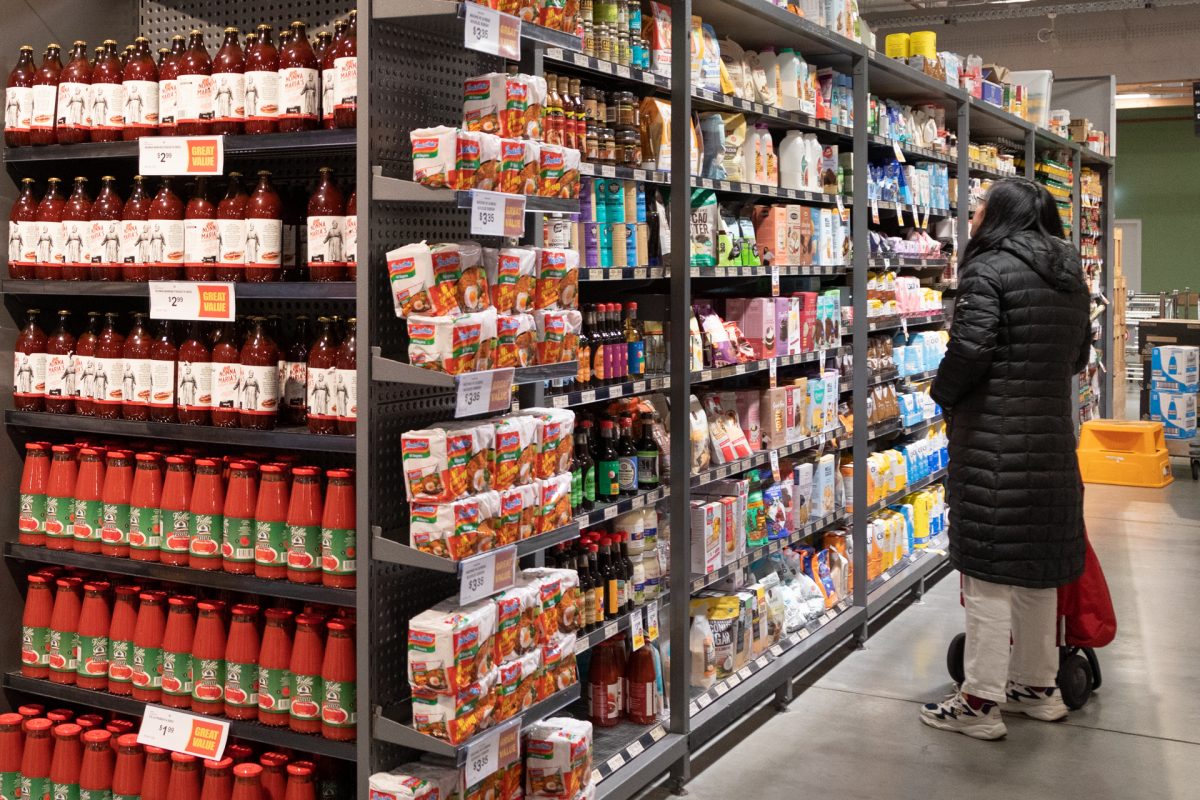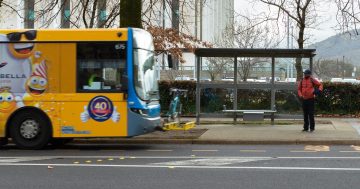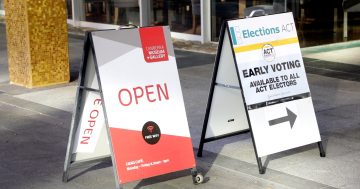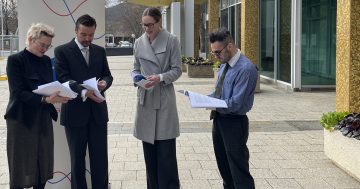
Supermarket prices are among the things putting the squeeze on the average family budget. Photo: Michelle Kroll.
The cost of living is big on the political agenda. People are struggling.
If, as predicted by many, we have a minority government after the next federal election, the balance of power will rest with the independent MPs in the Lower House and with independent senators.
We need them to step up and show their economic credentials. Australia is 10th on a list of most expensive places to live in the world. We are 11th on the list of highest average annual income. That is very close as a simple measurement, but this means there are many people, perhaps the majority, who are struggling.
The increase in costs is impacting families, individuals and businesses. It is also impacting confidence. Through that it is impacting politics.
Nobody can make prices go backwards, there will always be seasonal swings in prices of fruit, vegetables and meat; and changes in the price of fuel depending on international conditions, but besides those, prices will rise with inflation and will also rise as costs rise for businesses.
What can a government do to stop prices rising? Or at least slow them down to manageable amounts? What can the independents do? The Albanese Government is quite Whitlam-esque as it likes to spend big on worthy left-leaning policies such as child care and rent assistance. It also focuses on following the unions’ agendas at the expense of business, particularly small businesses and their workers.
What we need is a Hawke-Keating approach with fiscal responsibility and engagement with all parts of the community, particularly businesses. Governments must confront costs imposed on people and businesses, and wherever possible, remove them. They can also remove or streamline business regulations and processes that are too complicated or unnecessary.
The independent MPs will be very important to this process. Will they respond by focusing on non-economic issues? Some, such as Allegra Spender, Kate Chaney, Zoe Daniel and Zali Steggall, have proven economic understanding. The others probably have much to learn and they have the capacity to do so. We know most independents, including our very own Senator Pocock, voted for the end of the Australian Building and Construction Commission (ABCC), which freed the worst of the CFMEU to force extra costs onto construction, which we are all now paying for – the appointment of an administrator into that union hasn’t cut costs.
It’s also true that most of the more recent independents were elected on non-economic issues such as climate change, women’s rights and political integrity, as well as disillusionment from voters with the Liberal Party. Will their coming re-election campaigns include ‘’responsible economic management’’ as a key policy item? Or will they focus on the other things?
At the recent Assembly election in the ACT, there was a panel of candidates and a question from the audience asked: ‘‘What will you do about the costs of living?’’. One independent candidate, who was eventually elected, replied that he would make sure soup kitchens were in place. That was a sign of surrender or maybe a lack of understanding of economies and government’s role in the economy. But it was an appalling response either way.
As an example of a government adding to the cost of living, the ACT Government has imposed a new portable long-service leave provision across most businesses and increased payroll tax. These costs are then passed on to consumers. The worker will not see the benefits of long-service leave for many years, but the business still has the costs and must pass that on. Not a clever ‘’cost-of-living response’’ from the ACT Government.
Through most of the term of the Albanese Government, we have seen the economy take a back seat as the left and the right seemed to be in a war about who is ‘’woke’’ and who is ‘’anti-woke’’. (Can we not use the word ”woke” again, please.) The worthy topics they argue about include women’s rights, dignity in dying, transgender rights, energy production and the various conflicts around the planet. The debates and comments are emotional, often built around religious and ideological needs rather than societal needs.
These political battles won’t go away, and the issues are tremendously important, yet can’t the parties also focus on what matters to most people – the cost of living? Can the independents force that to happen or are they more interested in the other agendas?
One key message that political parties should be promoting is that they can stop or slow the price increases by removing costs for businesses. If the government can’t do that, then the independents in federal parliament need to show economic gumption and make sure that happens. Can they?





















